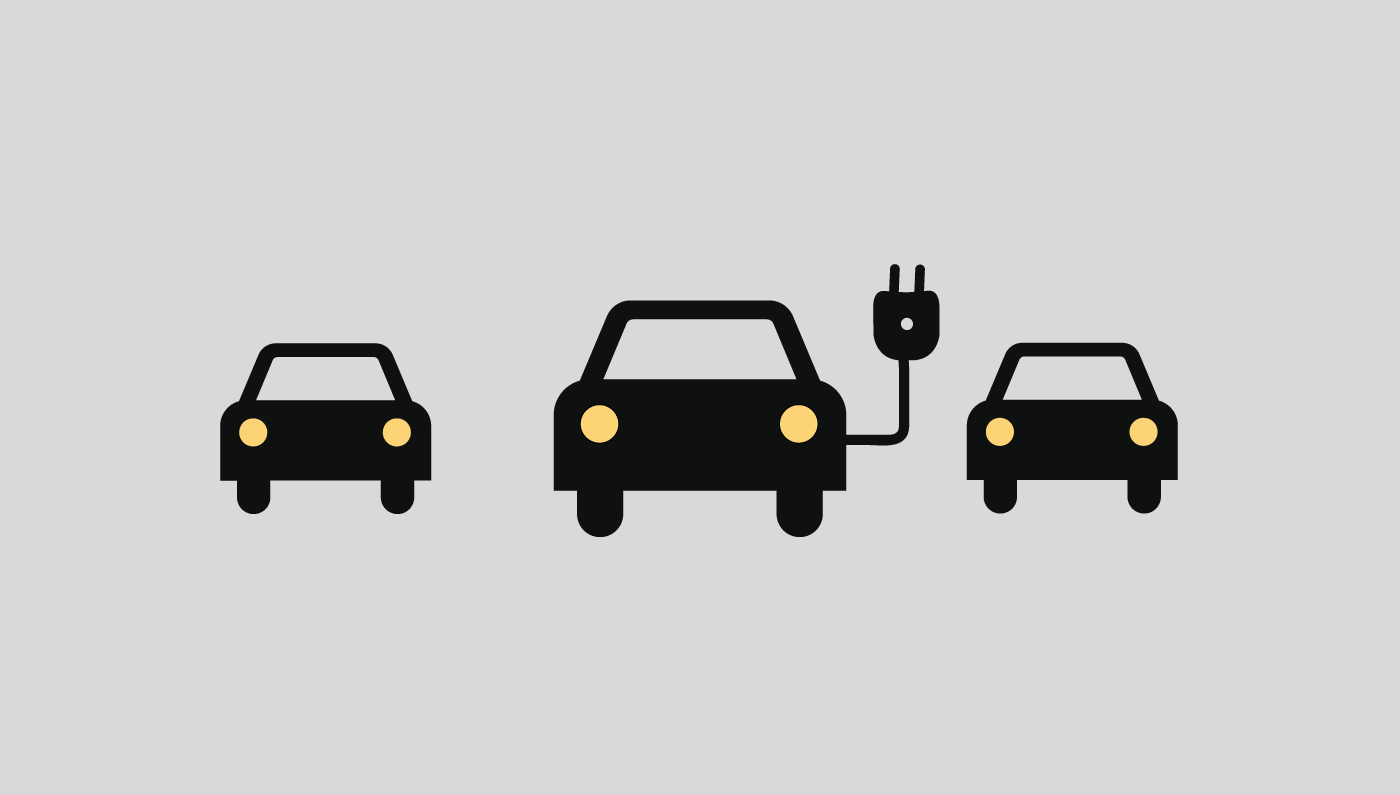I’ve been noticing something lately, in parking lots, gas stations and airports across New York: electric car charging stations.
Not long ago, these futuristic-looking energy sources would have been limited to a few home driveways and the occasional urban parking garage.
Now, they are busier than ever, actually being used daily by real drivers. And what’s the car I’ve been seeing charging up most often?
The Tesla— that sleek, sporty supercar that has electrified the media (no pun intended) and captured consumer’s imaginations.
They’re so ubiquitous now that I saw a near Tesla-on-Tesla accident the other day. The two drivers smiled and waved at each other, all hard feelings put aside. After all, they knew they were both part of an exclusive club.
No longer are electric cars about saving the planet or slowing climate change (although that may still be a consideration for some.) Increasingly, buying a Tesla means being part of the future.
And not a boring future ruled by the Prius. Tesla promises something much more appealing. Indeed, Tesla has succeeded where many car companies before it had tried and failed: they have made the electric car cool.
While the Prius has had strong sales and become one of the world’s most well-known hybrid cars, Toyota was never able to truly inspire the high-end market of car buyers— the consumers who would sooner buy a Bugatti than a battery.
As a result, the Prius has been a reliable if stodgy alternative. Even attempts at making the brand sportier— such as a “performance package” for the cars— haven’t jumpstarted its reputation. Driving a Prius, for many, was an economical decision with environmental side benefits, not an investment in speed or amenities.
Tesla, on the other hand, has taken a different strategy. Cut from Silicon Valley cloth, where buzz and user engagement with a product can be as important as the revenue it generates, the company has sold a lifestyle as much as a vehicle.
That lifestyle promises technology wrapped in high-quality design, where your car can be both a status symbol and a chance to own some of the most cutting-edge engineering in the world. The fact that it has a clear environmental benefit is a bonus, but not a dealmaker.
From the top down, Tesla has excelled at promising us a future of integrated technology that will improve our lives in seamless and easy-to-use ways.
Its CEO Elon Musk has been hailed as a visionary leader whose pastimes include inventing alternative public transport systems and launching rockets.
Its cars are displayed in slick showrooms in high-rent districts across the country- showrooms which, by design, are owned and managed by the company itself, much to the consternation of third-party dealers.
And its technology, while not foolproof, pushes boundaries for what people expect their cars to do, and leads to related breakthroughs (like advanced batteries) that make Tesla more of an innovation hub and less of an auto manufacturer.
All this has left consumers intrigued and fascinated by these electric cars in a way they’ve never been about alternative energy cars before. Tesla has cracked the code- only some consumers will seek out a car because it’s electric, but most consumers will seek out a car because it’s cool.

